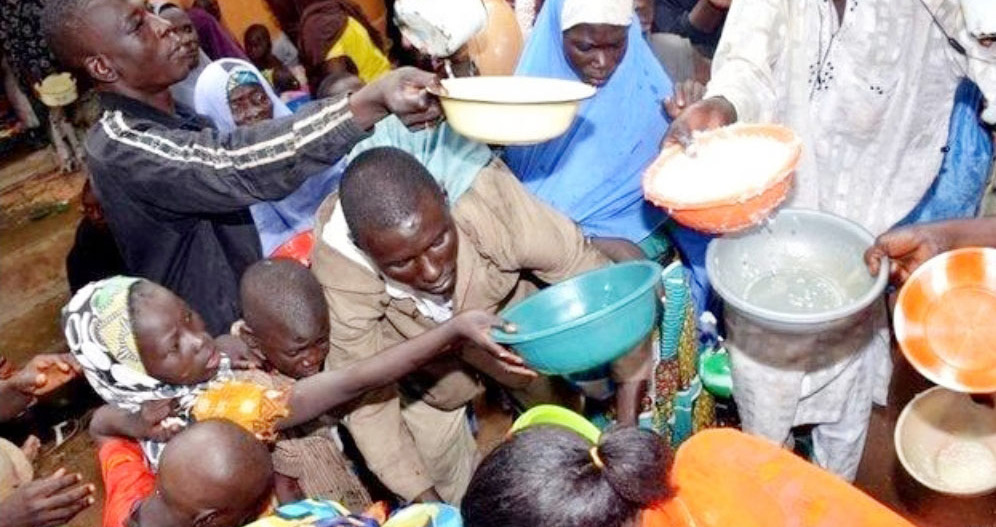Nigeria has been ranked as the fifth country globally most affected by food inflation, according to the World Bank’s September food security report.
The report also places Nigeria third in Africa, trailing behind Malawi and Liberia, as the nation faces worsening food security due to a combination of conflict in key agricultural regions and the impacts of climate change.
Haiti leads the global rankings with a 12% year-on-year increase in food inflation, followed by Malawi, Vietnam, and Liberia.
The report highlighted that Nigeria’s escalating food inflation and food insecurity are primarily driven by intensifying conflicts, particularly in food-producing areas, and the growing effects of extreme weather, such as floods and droughts.
Between August 2023 and September 2024, Nigeria saw a staggering 28% increase in the number of people experiencing food insecurity, with over 1 million people newly facing high levels of hunger.
READ ALSO: Naira drops to N1,625 amid oil price decline, sparks inflation concerns
The World Bank’s findings align with other reports that indicate food insecurity in Nigeria is worsened by a combination of factors, including disrupted agricultural production, surging food prices, and market disruptions caused by insecurity and climate-related disasters.
Recent data from the Cadre Harmonisé analysis, cited by the World Bank, points to the inundation of approximately 1.6 million hectares of land across Nigeria, including 342,650 hectares of vital cropland.
These floods have affected 685,770 vulnerable individuals, primarily in the Northern and Niger Delta regions, where insecurity is already high. This adds to the growing crisis, as Nigeria recorded a food inflation rate of 40.87% in June 2024, a 28-year high, before it slightly eased.
Insecurity in the country’s northern farming regions has also had a significant impact. A report by S.B. Morgan Intelligence revealed that at least 1,356 farmers were killed between 2020 and 2024, largely in the North.
Many farmers in the region are forced to pay up to N100,000 just to access their farmland due to the pervasive insecurity, further crippling agricultural output.
READ ALSO: Cardoso defends painful interest rate hike, emphasizes inflation control
Earlier in 2024, the World Bank projected that seven Northern Nigerian states would face severe hunger, and the Food and Agriculture Organisation (FAO) recently estimated that 32% of Nigeria’s population—about 60 million people—now experience hunger, a sharp increase driven by soaring food prices and environmental disasters.
This crisis is expected to worsen in the coming months due to an upward review of petrol prices by the Nigerian National Petroleum Corporation Limited (NNPCL), coupled with further disruptions from flooding across the country.
As Nigeria grapples with structural challenges, including climate change and insecurity, the outlook for food inflation remains bleak, with more pressure on the country’s food supply chains and vulnerable populations.

 Entertainment7 days ago
Entertainment7 days ago
 Business6 days ago
Business6 days ago
 Football1 week ago
Football1 week ago
 Business7 days ago
Business7 days ago
 Health1 week ago
Health1 week ago
 Crime1 week ago
Crime1 week ago
 Latest1 week ago
Latest1 week ago
 Entertainment7 days ago
Entertainment7 days ago

